A Doc Was Mad That People Die From Preventable Diseases. So He Wrote A Book About It
Enlarge this image
Dr. Eugene Richardson in a helicopter during the Ebola outbreak in Sierra Leone, where he worked as a clinical lead for Partner in Health’s response to the outbreak. He is the author of the new book Epidemic Illusions: On the Coloniality of Global Public Health.
Katie Barron
hide caption
toggle caption
Katie Barron
Goats and Soda
OPINION: The Ghosts Of Colonialism Are Haunting The World’s Response To The Pandemic
And what do you mean by «mental coloniality? What does that look like?
One example I used in my book is from the [2018 to 2020] Ebola outbreak in the DRC. I was working for the World Health Organization there in 2019 when a group from Harvard did a study trying to explain why it was such a huge outbreak. They found that people were believing in misinformation and conspiracy theories and essentially concluded that these people had their own ignorance to blame.
But when I interviewed people [in 2019], they described a history of brutal violence and exploitation at the hand of King Leopold and the Belgians. They knew how the U.S. and Belgium colluded to assassinate their first legally elected prime minister, Patrice Lumumba, [in 1960]. And after that, when President Mobutu Sese Seko was installed as a puppet Cold War dictator [from 1965 to 1997], he allowed our corporations to drain the country of money and natural resources.
So what sounds like people not believing in science turns out to be people who are so used to being preyed upon that any time foreigners show up in white Jeeps, they react as if it’s a plot to harm them. It’s actually really logical. But coloniality tries to dictate how people perceive the world around them. It deems its view as the only legitimate scientific interpretation.
How would you suggest that we respond to future outbreaks in places like the DRC?
The solution isn’t just to say, «We’re going to change your opinion. Read this pamphlet. This is actual science. It’s acknowledging the way people see the world and allowing that view a seat at the [decision-making] table. And it’s repairing the colonial legacy that has led to that way of thinking. Instead of pamphlets, you would think about reparations [money or land payments to make amends for the colonial era and slavery].
You’d also think about fixing unfair trade agreements and dismantling intellectual property rights so that places like India, South Africa and Brazil can manufacture enough COVID-19 vaccines for everyone.
Speaking of COVID-19, is there anything in your research that explains some of the inequities among different racial groups in the current pandemic?
Black individuals are dying two to three times more than white people in the U.S. from COVID, not because of co-morbidities, but because of exposure risk from precarious housing, overcrowded housing and frontline work. But the models don’t include things [to reduce exposure risk for Black communities], like investments in housing and reparations.
Goats and Soda
Opinion: It’s Time To End The Colonial Mindset In Global Health
I’ve been using the example recently of the COVID-19 models by the Institute for Health Metrics and Evaluation (IHME), [which predicts the scope of the pandemic and how social distancing and wearing masks would affect it]. Not only did they completely underestimate the pandemic, but [the models] also served racist purposes because they don’t include anything about reducing disparities.
Instead, by the IHME saying «Let’s just wear masks and social distance, they envision a future with less infections overall, but the infections will still be three times higher for Black people.
I’ll be honest. This book is a bit daunting for the average reader. Who did you have in mind when you wrote the book, and what do you hope they take away from it?
Students. They’re the ones who have the ability and energy to change things. So for them, and anyone who’s interested in dismantling institutional racism, I hope they’re inspired to be both a scholar and an activist. It’s hard to proverbially teach the old dog new tricks.
Joanne Lu is a freelance journalist who covers global poverty and inequity. Her work has appeared in Humanosphere, The Guardian, Global Washington and War is Boring. Follow her on Twitter: @joannelu
- neocolonialism
- global
- colonialism
- global south
- health
- Global Health
Обсудим?
Смотрите также:

